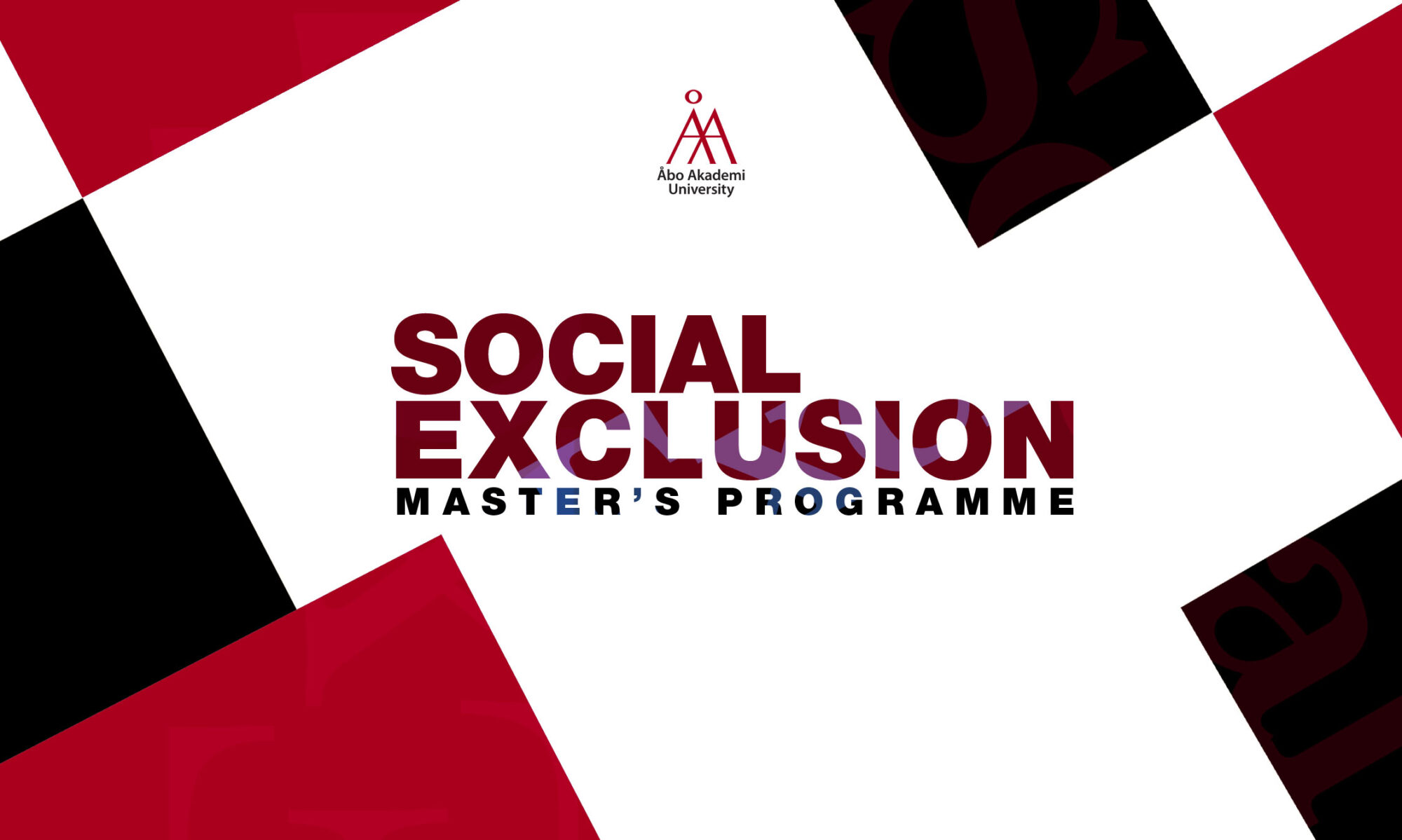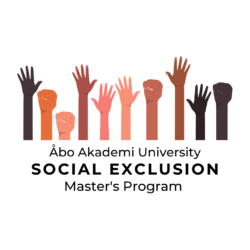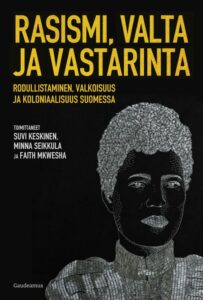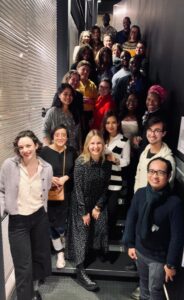Written by Sandis Sitton & Hei Yuet Leung
For this second week’s lectures we spent more time getting further into the forms and dynamics of exclusion. A lot was talked about, and plenty of it could have ended up swirling around in vagary before getting lost, semi-forgotten somewhere in the notes, so I’ve been happy to have a reason to better work it over with one of our classmates to see what stuck. After we’d each done some reflecting on the lectures, I got together with Tracy, one of our fellow students, to see if we could combine our thoughts and what stuck out the most. I was delighted to see that, though her approach differed from my own, it demonstrated some of the analysis of exclusion which I’d found most interesting. This is what she had to say:
“The class has discussed the relationship between poverty, exclusion and access.
“According to Kofi Annan who is the Seventh Secretary-General of the United Nations, Extreme poverty anywhere is a threat to human security everywhere.
“Looking into the causal relationship, it is questioned that does employment status determine poverty or does poverty cause employment status? Employment status provides a sense of stability and security upon one’s financial status. Hence, the higher the stability of one’s employment status, the less likely one is to experience poverty.
“However, under the cycle of poverty, people with poverty may have limited resources to increase their and their children’s social mobility, such as the quality of education and thus, job opportunities. Furthermore, people with poverty may also experience psychological problems, such as depression and low self-confidence, which may hinder their willingness to participate or feel included in the community or whole society.”
I rather like the angle, as what I’ve been working over the most is the multidimensionality of exclusion and this week’s lecture covered precisely that. Exclusion can appear dynamically, and it can be social, political, cultural, and of course economic. The latter’s been obvious for some a while. Poverty, as Tracy indicates as well, is an issue the world’s leaders spend a lot of time thinking about, something I wouldn’t hesitate to say we all do. Our economic situation as individuals has a direct, immediate bearing on our quality of life, and it makes it an easy example for how exclusionary processes can deprive, but also create cycles that reinforce that deprivation.
Looking at something that operates in just the same way, we can take discriminatory voting laws into account. By setting the right policies in place, barriers can be created that separate people from access to their own political power on the basis of their skin color, religious background or sexuality, while also denying them the means of seizing it back. We can see this happening in all kinds of ways that might not be explicit or direct, but by their patterns operate in precisely the same way as those that can be found perpetuating cycles of poverty.
It reminds me of how frustrating the inequalities plaguing my own home country are, because they are never as straightforward as often presented. Addressing them takes insight, a wider perspective and a willingness to look for patterns such as these. Tracy closes her response on poverty with:
“To build a social security network, welfare is provided to the people in need, which includes those in poverty. It is discussed that welfare is a way to build equality by income redistribution. There are controversies that welfare lowers people’s motivation such as responsibilities on work, family supporting, as well as subtraction of wages. Hence, anti-poverty programs are given.”





